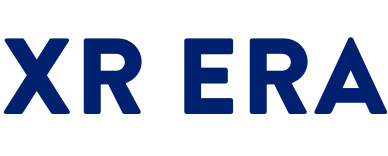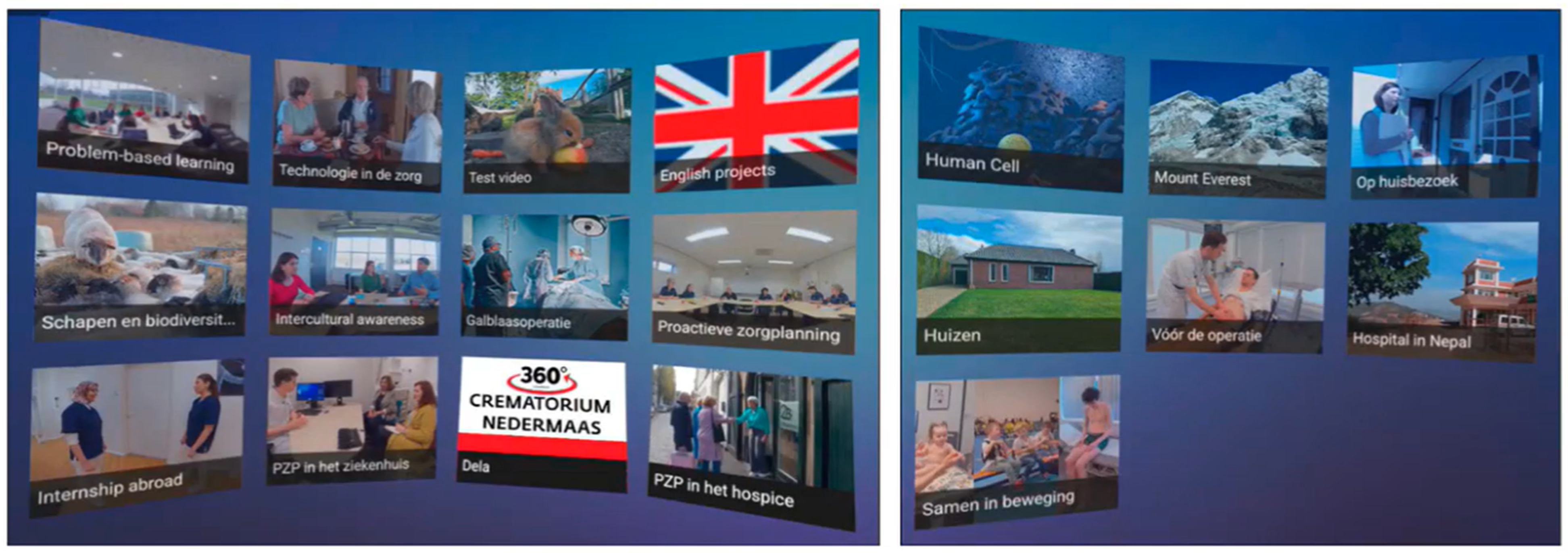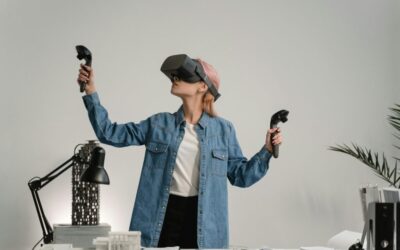On September 26th, we were delighted to welcome Dario Fazzi to share with us his successfully-implemented Virtual Exchange (VE) programme at Leiden University in the Netherlands. Following a call from the Dutch Ministry of Education, Culture, and Science to internationalise and digitise universities across the Netherlands, Dario and his colleagues created an immersive learning approach to sustainable education. The results exceeded expectations: not only did the programme meet the ministry’s requirements, but it received unanticipatedly high levels of enthusiasm from the students involved – all that at a low cost.
ABOUT OUR SPEAKER
Dario Fazzi is a Professor of Transatlantic Environmental History at both Leiden University and the Roosevelt Institute for American Studies in Middelburg (Netherlands). Together with William & Mary University, he created the VE programme, titled “Environmental Democracy in Delta Regions: A Transatlantic Approach”. The course focuses on how to involve citizens in environmental decision making, specifically in various delta regions.
Quality Education and Intercultural Interaction
Dario begins the Meetup by highlighting the goals of the programme, amongst the most prominent of which is that of quality education as defined by Global Goals – namely, to “ensure inclusive and equitable quality education and promote lifelong learning opportunities for all”.
As environmental issues are not only local, but also part of global phenomena, students from both universities participated in interactive assignments comparing the American Chesapeake Bay and Dutch delta regions in Zeeland. To do so, they pinpointed ecologically problematic areas on Google Maps before creating additional digital content for each point, including their research on local policies and strategies (both potential and existing) regarding the challenges faced. Although the students were only asked to use Google Maps, they independently began to see the benefits of utilising other digital tools to supplement.
Once this stage of the project was complete, they then gave online presentations, using Google Earth as visual support. This allowed them to transform their flat maps into 3D environments through which they could navigate their chosen areas. It was a great success: Dario explains that the students had thoroughly exceeded his initial expectations by going as far as to produce some short documentaries.

VR Integration
Dario and his colleagues decided to take the project to the next step by exploring the use of 3D tools even further. Using VR tools, students could really “go to” the places they had been studying. To achieve this goal, Dario’s team used a 360° camera to film as much footage in the delta regions in Zeeland and Virginia as possible, using the pinpointed map locations from the previous assignment for their principal locations. Ultimately, this visual footage was combined with the audio from the students’ presentations to produce very short immersive learning clips accessible though VR headsets.
After the Programme…
The short clips were made available to the students whose work shaped them, as well as to future students who would follow the VE programme, enabling them to see how their final projects could appear. The success of the programme prompted Dario and his colleagues to go on to film more footage from different regions – including the Gulf of Mexico, Southern Texas, and Monument Valley. This could then be used for further assignments and research. Besides being both fun and insightful, the programme also helped strengthen students’ CVs: it gave them digital and transferrable skills, they learned how to create and manage content, and worked with video tools which they often hadn’t previously known existed.
We would like to thank Dario for his insightful presentation! If you would like to get in touch with him directly, feel welcome to do so via his email: d.fazzi@hum.leidenuniv.nl. Moreover, if you are curious about the programme, you can find more information here!




